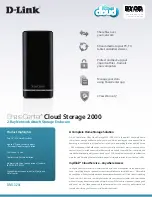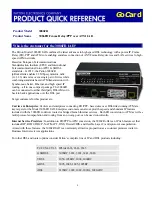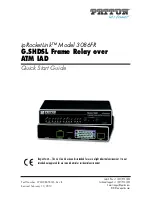
4
Figure 4
RADIUS packet format
Descriptions of the fields are as follows:
•
The Code field (1 byte long) indicates the type of the RADIUS packet.
gives the possible
values and their meanings.
Table 1
Main values of the Code field
Code Packet
type
Description
1 Access-Request
From the client to the server. A packet of this type carries user
information for the server to authenticate the user. It must contain
the User-Name attribute and can optionally contain the attributes
of NAS-IP-Address, User-Password, and NAS-Port.
2 Access-Accept
From the server to the client. If all the attribute values carried in
the Access-Request are acceptable, the authentication succeeds,
and the server sends an Access-Accept response.
3 Access-Reject
From the server to the client. If any attribute value carried in the
Access-Request is unacceptable, the authentication fails and the
server sends an Access-Reject response.
4 Accounting-Request
From the client to the server. A packet of this type carries user
information for the server to start or stop accounting for the user.
The Acct-Status-Type attribute in the packet indicates whether to
start or stop accounting.
5 Accounting-Response
From the server to the client. The server sends a packet of this
type to notify the client that it has received the
Accounting-Request and has successfully recorded the
accounting information.
•
The Identifier field (1 byte long) is used to match request and response packets and to detect
duplicate request packets. Request and response packets of the same type have the same identifier.
•
The Length field (2 bytes long) indicates the length of the entire packet, including the Code,
Identifier, Length, Authenticator, and Attribute fields. Bytes beyond this length are considered
padding and are ignored at the receiver. If the length of a received packet is less than this length,
the packet is dropped. The value of this field is in the range of 20 to 4096.
•
The Authenticator field (16 bytes long) is used to authenticate replies from the RADIUS server and to
encrypt user passwords. There are two types of authenticators: request authenticator and response
authenticator.
















































